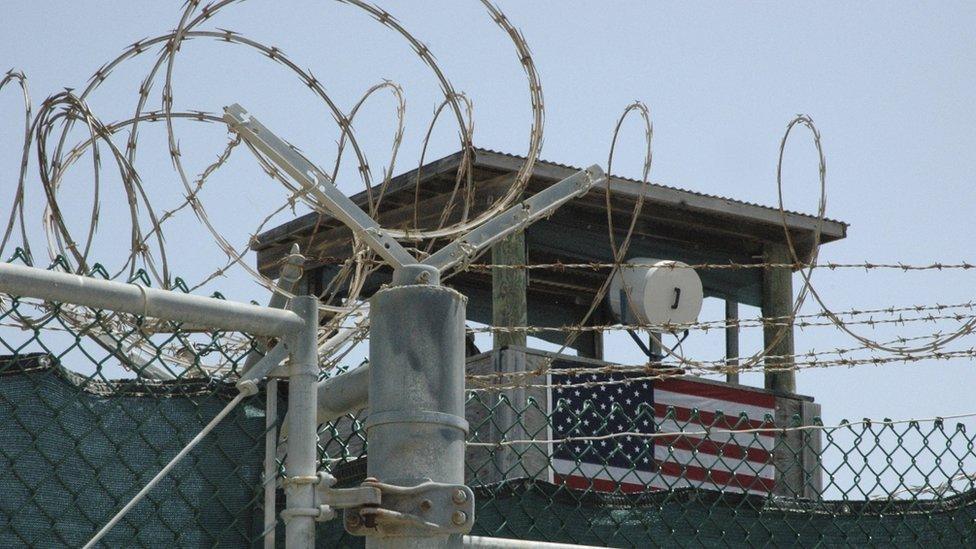Guantanamo Bay: Nine Yemenis released to Saudi Arabia
- Published
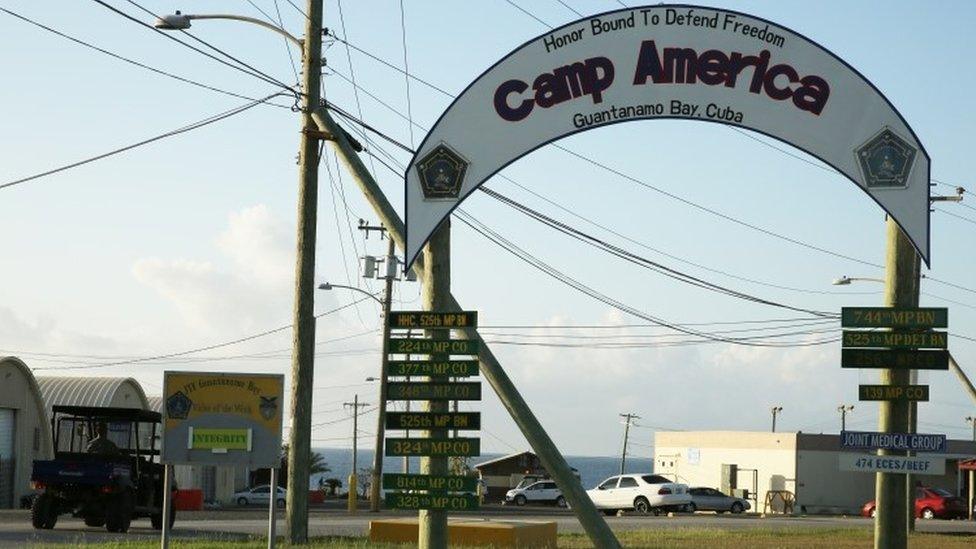
All of those recently released will be put through a government-run rehabilitation programme in Saudi Arabia which aims to reintegrate them back into society
The US has transferred nine Yemeni prisoners from the Guantanamo Bay detention facility in Cuba to Saudi Arabia, officials say.
The Saudis agreed to take the prisoners because Yemen was considered too unstable for them to return them to.
The transfer leaves 80 prisoners at the US military jail - most of whom have been held without charge or trial for more than a decade.
President Obama wants to close the prison before he leaves office.
The BBC's Laura Bicker in Washington says that the transfer of the nine has been a long sought-after deal between Washington and Riyadh and comes just days before President Obama touches down in Saudi Arabia for a summit of Gulf Arab allies.
Will Guantanamo prison finally close?
The move is part of a push by the presidential administration to release detainees deemed low-risk. The White House wants to transfer the remainder to the US but Congress is opposed.
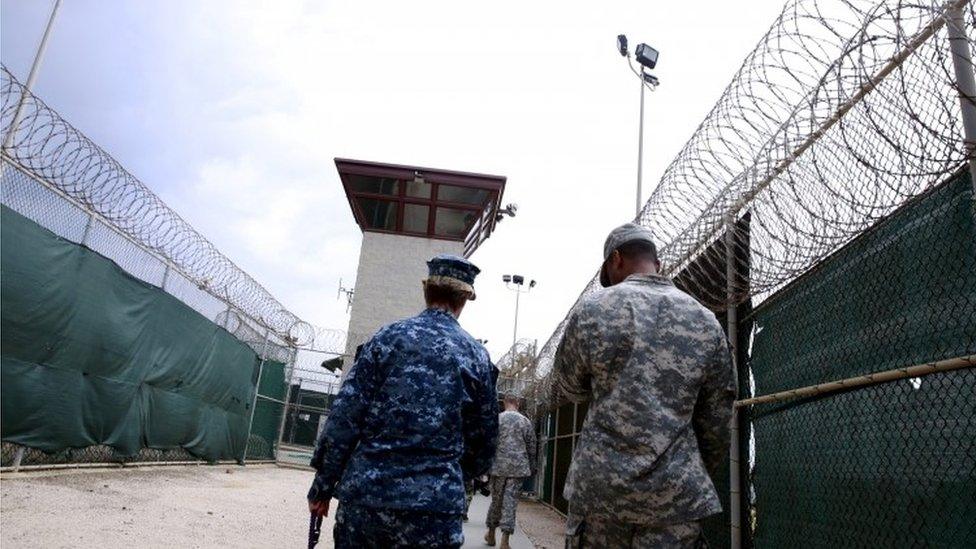
The latest releases mean that the number of inmates in Guantanamo Bay is the lowest in its 14-year history
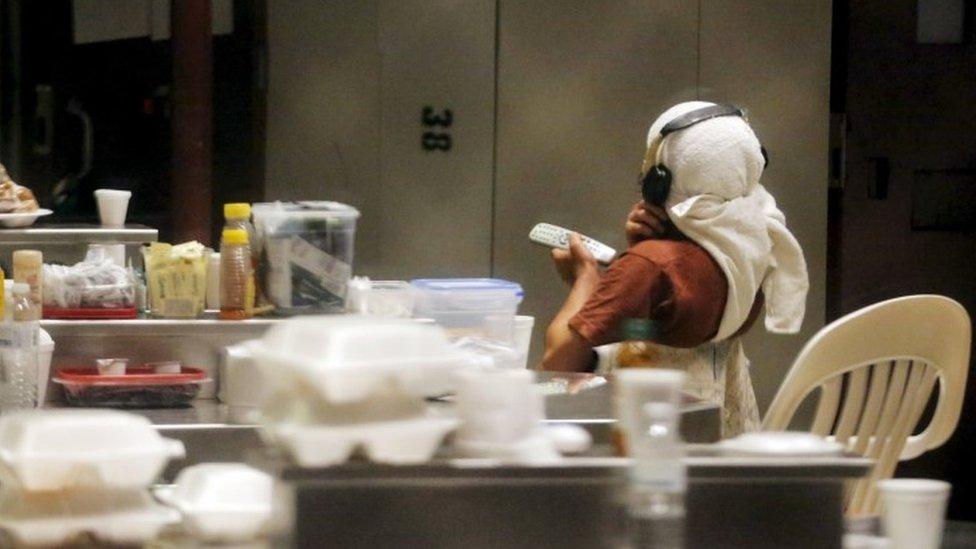
The transfer leaves 80 prisoners at the US military jail - most of whom have been held without charge or trial for more than a decade
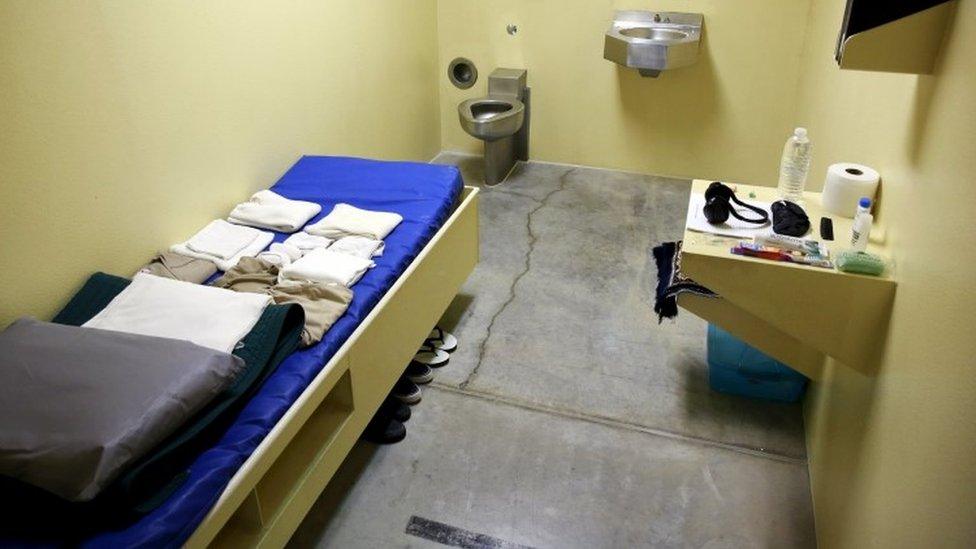
President Obama wants to close the prison before he leaves office
"The United States is grateful to the government of the Kingdom of Saudi Arabia for its humanitarian gesture and willingness to support ongoing US efforts to close the Guantanamo Bay detention facility," a Pentagon statement said.
The most high profile inmate to be freed is Tariq Ba Odah who has been force-fed daily since he went on hunger strike in 2007.
"Mr Ba Odah's transfer today ends one of the most appalling chapters in Guantanamo's sordid history," said Omar Farah, one of his lawyers.
All of those recently released will be put through a government-run rehabilitation programme in Saudi Arabia which aims to reintegrate militants back into society, American officials say.
The latest releases mean that the number of inmates in Guantanamo Bay is the lowest in its 14-year history. Another 26 detainees have been approved to leave the base by the end of the summer.
The White House in February presented a plan to Congress to close the Guantanamo Bay - which costs $445m (£316m) to run annually.
The prison is located on an American naval base in south-eastern Cuba. Former US President George W Bush opened it to accommodate foreign terror suspects after the 9/11 attacks on the US.
White House officials say they cannot give any names of people being held, but the New York Times has its own list, external.
- Published4 April 2016
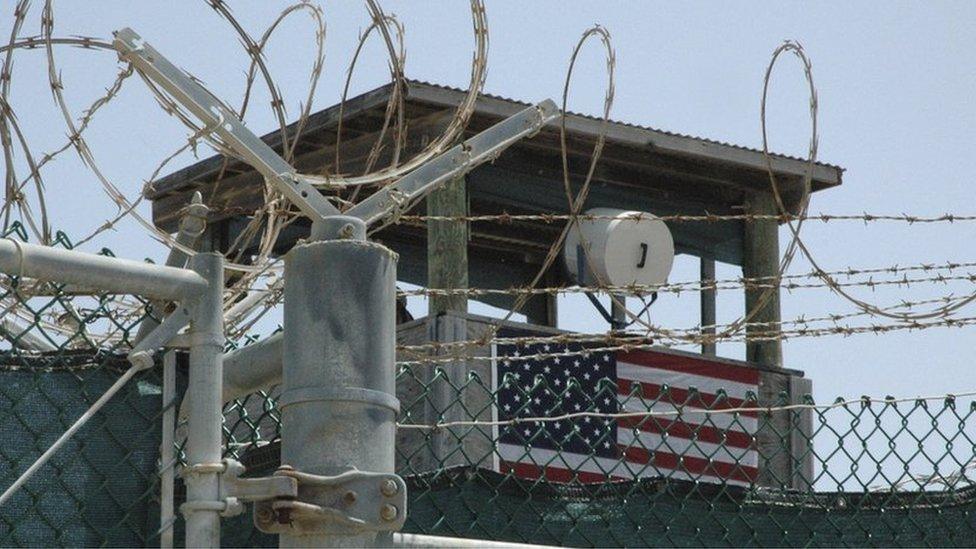
- Published31 March 2016
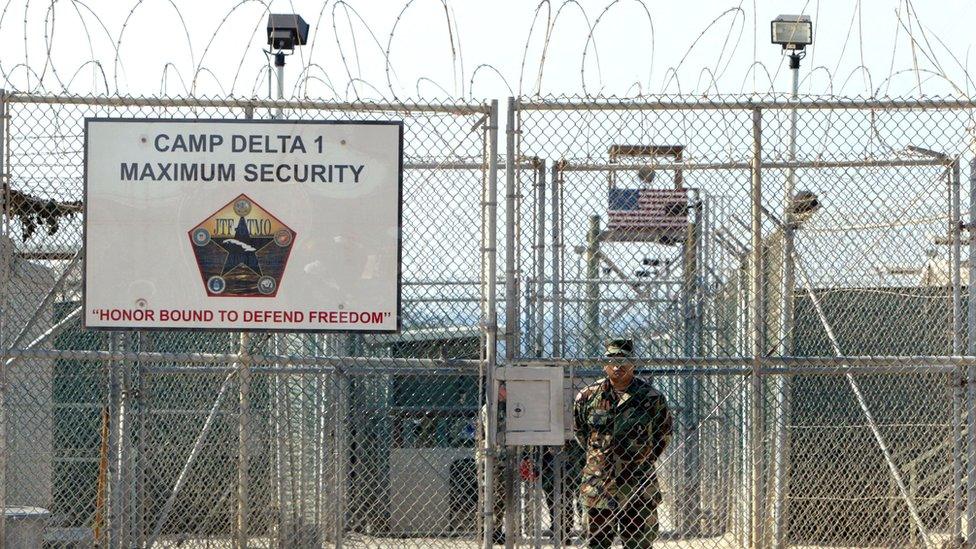
- Published24 February 2016
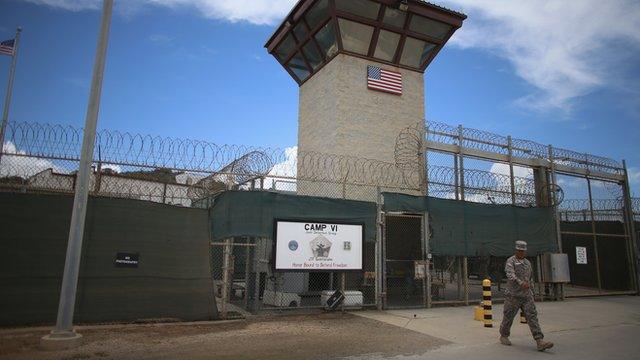
- Published23 February 2016
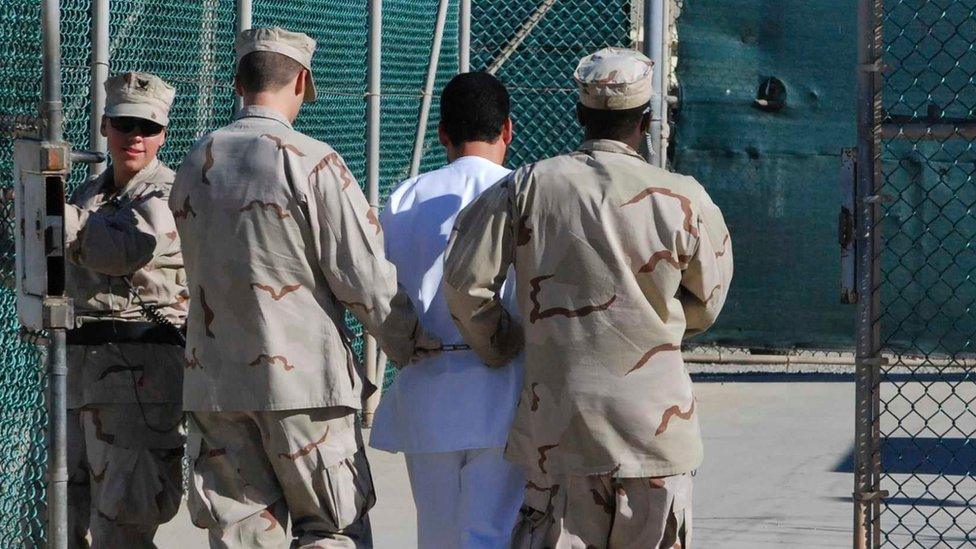
- Published14 January 2016
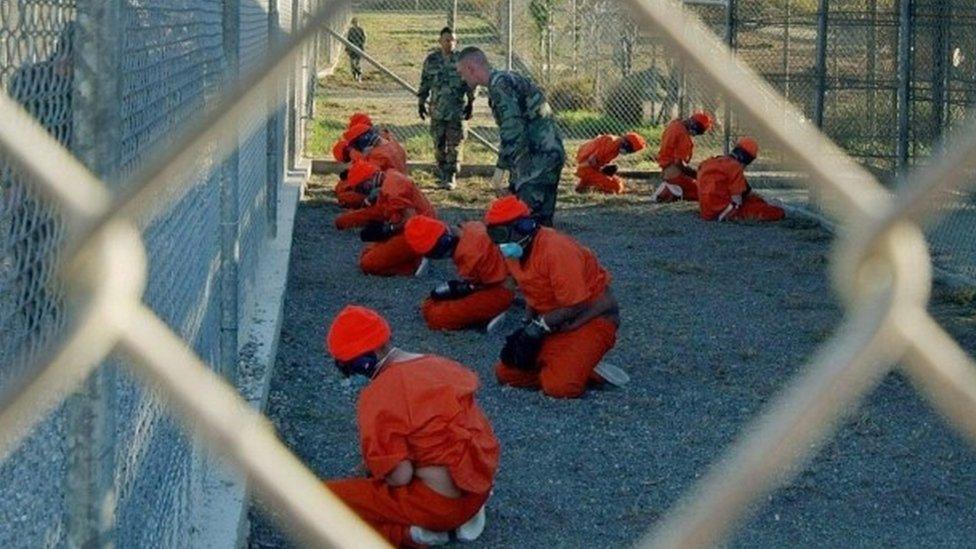
- Published7 January 2016
